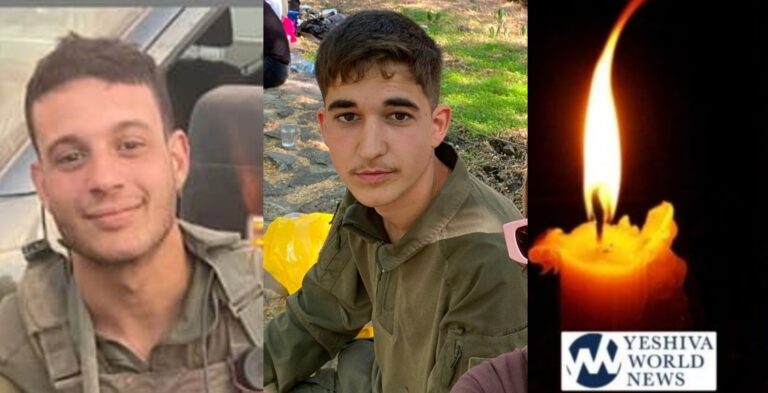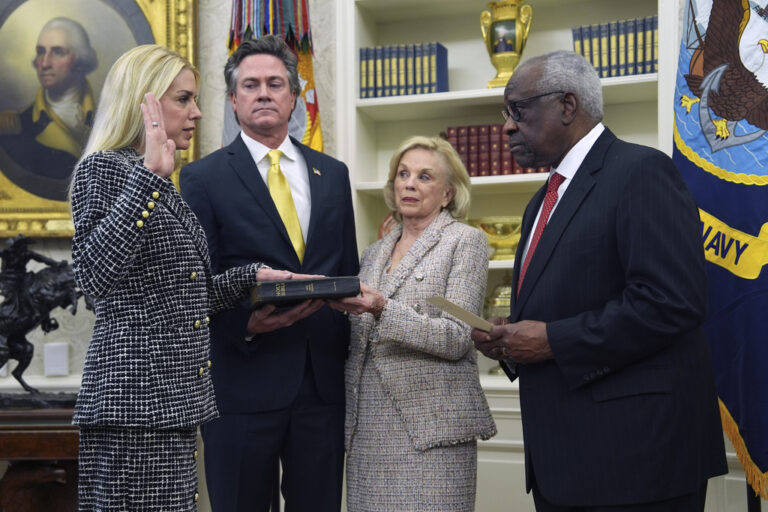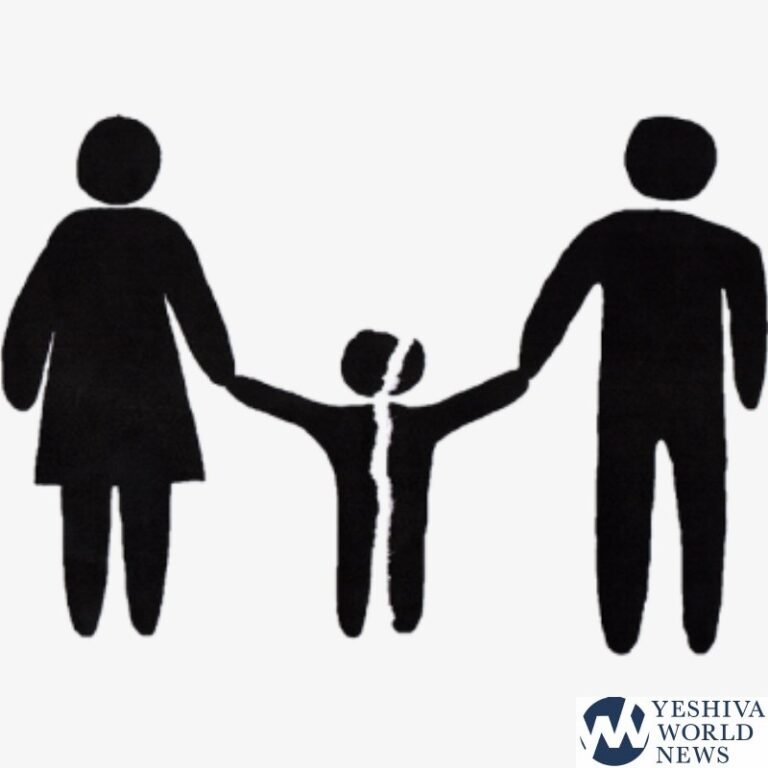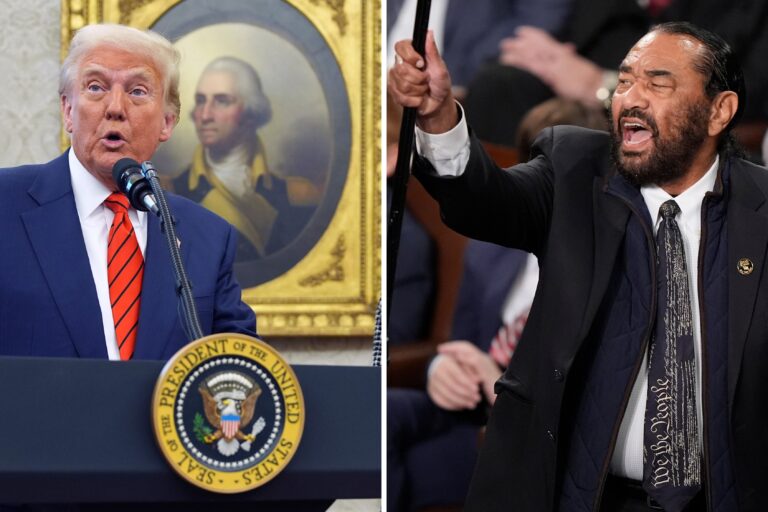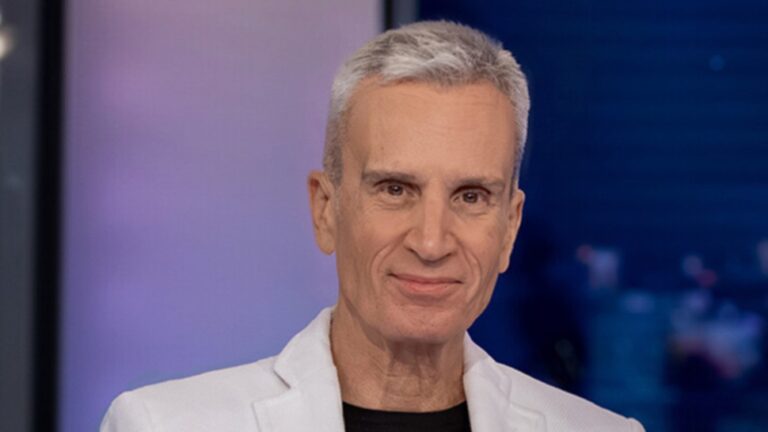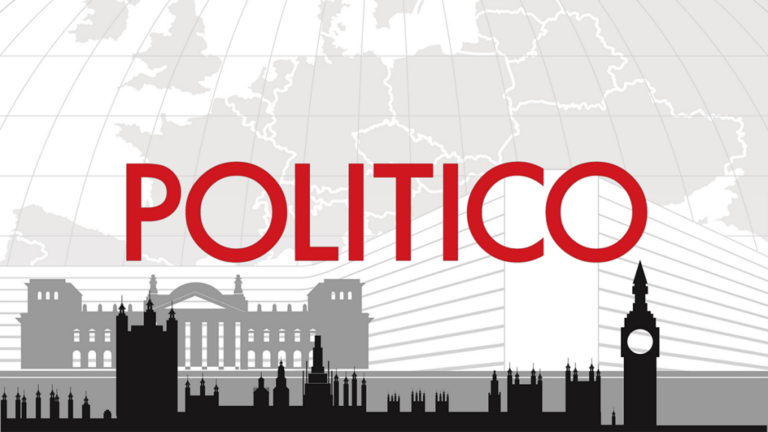President Barack Obama said Saturday that the United States would allow Iran to retain nuclear enrichment capabilities for civil use as part of a final deal to end its nuclear weapons program.
Speaking at the Saban Forum in Washington, the President defended the deal reached with Iran in Geneva, and suggested that in negotiations you never get 100 percent achievements, especially when Iran wasn’t given all its demands.
“You’ll hear arguments, including potentially from the prime minister, that said we can’t accept any enrichment on Iranian soil, period, full stop, end of conversation,” President Obama said during a lengthy 47-minute discussion with Israeli-American billionaire Haim Saban at the Saban Forum of the Brookings Institute, Saturday afternoon. “One can envision an ideal world in which Iran said, ‘We’ll destroy every element and facility and you name it, it’s all gone.’ I can envision a world in which Congress passed every one of my bills that I put forward. There are a lot of things that I can envision that would be wonderful.”
Obama defended the six-month deal with Iran as better than the alternative of doing nothing.
“When I hear people criticize the Geneva deal say it’s got to be all or nothing, I would just remind them that if it’s nothing, if we did not even try for this next six months to do this, all the breakout capacity we are concerned about would accelerate in the next six months,” Obama said. “They’d be that much closer to breakout capacity six months from now. And that’s why I think it’s important for us to test this proposition.”
“You remember when Prime Minister Netanyahu made his presentation before the United Nations last year — The picture of a bomb — he was referring to 20 percent enrichment, which the concern was if you get too
much of that, you now have sufficient capacity to go ahead and create a nuclear weapon,” Obama elaborated on the significance of the deal. “We’re taking that down to zero. We are stopping the advancement of the Arak facility, which would provide an additional pathway, a plutonium pathway for the development of nuclear weapons. We are going to have daily inspectors in Fordor and Natanz. We’re going to have additional inspections in Arak. And as a consequence, during this six-month period, Iran cannot and will not advance its program or add additional stockpiles of advanced
uranium — enriched uranium.”
Obama said his disagreement with Netanyahu over the deal are over tactics but that the two leaders share the same end goals. “Bibi and I have very candid conversations and there are occasionally significant tactical disagreements,” Obama said. “But there is a constancy in trying to reach the same goal, and in this case that goal is to make sure that Iran does not have a nuclear weapon.”
“Prime Minister Netanyahu and I have had constant consultations on these issues throughout the last five years,” Obama said. “And something that I think bears repeating: The United States military cooperation with Israel has never been stronger. Our intelligence cooperation with Israel has never been stronger. Our support of Israel’s security has never been stronger. Whether you’re talking about Iron Dome, whether you’re talking about trying to manage the situation in Gaza a little over a year ago, across the board, our coordination on the concrete issues facing Israel’s security has never been stronger. And that’s not just my opinion; I think that’s something that can be verified.”
“There are times where I, as President of the United States, am going to have different tactical perspectives than the Prime Minister of Israel — and that is understandable, because Israel cannot contract out its security. In light of the history that the people of Israel understand all too well, they have to make sure that they are making their own assessments about what they need to do to protect themselves. And we respect that. And I have said that consistently to the Prime Minister,” Obama added.
(Jacob Kornbluh – YWN)


